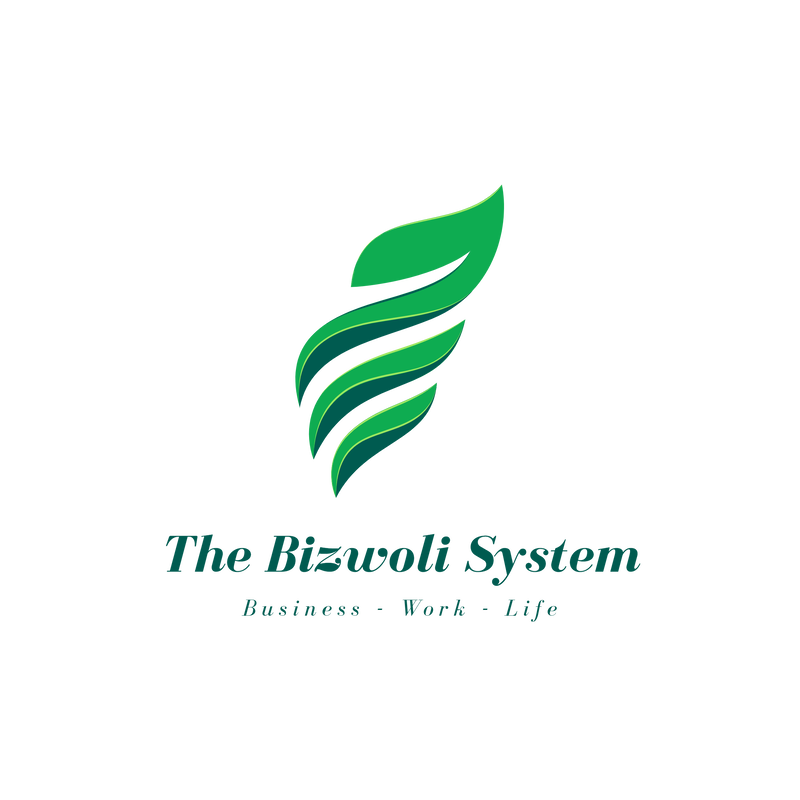|
My parents always told me to be grateful for my blessings; no doubt your parents did as well. Learning to express gratitude was reinforced from my early years in grade school through to the end of my formal education at university. We were always encouraged to say a simple thank you and mean it.
We may have lost something in our society today as I think people show a greater sense of entitlement rather than a sense of gratitude for what they have and what others have helped them achieve. This is expressed in many ways: the disrespect shown towards co-workers, managers, and employers in our places of work; a lack of courtesy from drivers on our roadways and those who line-up at the grocery store; the cashier who utters the familiar deadpan "next"; and, the absence of a simple thank you when a good deed is done for another. Gratitude comes from the Latin word gratus meaning grateful and its first known use as an English derivative was in 1523. It expresses a feeling of appreciation, gratefulness or thankfulness. It has meaning for the giver when it is genuinely expressed and for the receiver when it is graciously accepted. Gratitude engenders a deep feeling of thankful appreciation for the goodness within us and others. In many ways it goes beyond the self to form a special bond with those we encounter, nature that surrounds us, and, a higher Spiritual Source that cuts through to our core. Ancient wisdom people, philosophers, religious leaders and spiritual writers tell us that gratitude is the basis for strengthening our relationship with God and with one another, as well as, improving our own well being. Intuitively they knew this and speak eloquently about it. These days, however, we are caught up with "evidenced based" learning and "scientific findings" to support what appeared to be naturally known. With that in mind here are few of the scientific findings about gratitude from a business perspective. I have found that grateful employees are also better employees. A growing body of Research shows that employees who express gratitude have greater attention, determination, enthusiasm, energy and are better able to deal with burnout. Others point out that employees who are encouraged with a sense of gratitude are more satisfied. With all this positive affirmation about gratefulness in the workplace one would think that expressing a thank you would be commonplace. Wrong! According to a study conducted in the United States under the auspices of the John Templeton Foundation and reported by Janice Kaplan, workplace comes in dead last among the places to express gratitude. The study also found that 74 percent of the people surveyed never or rarely expressed gratitude to their boss. But they are eager to have a boss who expresses gratitude to them. 70 percent would feel better about themselves if their boss were more grateful and 81 percent would work harder. A more recent study (still currently underway) is finding that organizations which show the highest level of gratitude are those providing community services - significantly greater than business, health care providers and government agencies (the latter two had the lowest scores). It also points out that employees are less likely to feel a sense of gratitude than those holding higher positions within the organization. Feelings of gratitude and appreciation are strengthened when employees feel valued. Consider these suggestions to improve a culture of gratitude:
So now we have a growing body of research that tell us what we have always been taught: Being grateful pays big dividends for our well being both in and out of the workplace. I end this post by going back to the beginning with my parents' words of wisdom, and what I hope every father and mother tells their child: "Give thanks for your blessings." Sources: Harvard Health Publications In Praise of Gratitude; Harvard Business Review: Foster a Culture of Gratitude; Mark Goulston: How to Give Meaningful Thank You; Amit Amin: 31 Benefits of Gratitude ; Victor Lipman, Why is Lack of Employee Recognition A Chronic Problem Author: Richard Fontanie MSW, FCMC. From the Archives of Fontanie Learning Solutions
0 Comments
Leave a Reply. |
Categories
All
Archives
July 2024
|
Photo from TheBosque


 RSS Feed
RSS Feed
